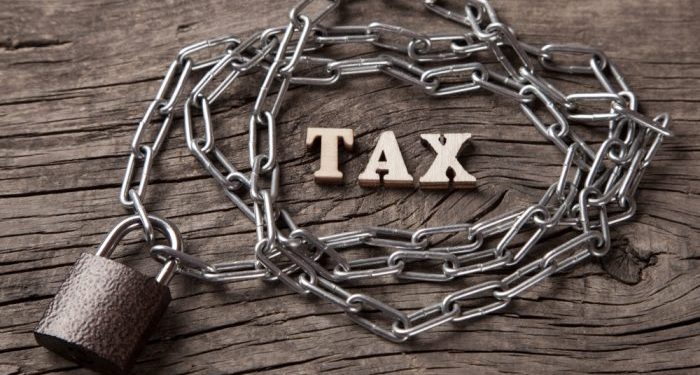There are concerns that yesterday’s announcement of a National Insurance hike could mean delays to proposed improvements to auto-enrolment, impacting the retirement prospects of many younger and lower paid workers.
Aegon has said that the health and social care levy, which increases NI by 1.25 percentage points, could mean changes to AE are “kicked into the long grass”.
In 2017 an independent review of AE recommended a number of improvements to the current system to be implemented in the mid-2020. These included opening AE to younger workers and ensuring contributions are based on total earnings not just those over a certain level.
Aegon says such changes are now unlikely to be implemented until the next decade and as a result any increase to the 8 per cent minimum contribution levels seems to be “out of sight” for now.
Those investing just this minimum into a pension risk having insufficient funds for their retirement it adds.
Aegon’s head of pensions Kate Smith says: “One possible side-effect of this health and social care levy is there may now be little chance that any of the proposed changes to auto-enrolment will happen this decade.
“Four years ago, an independent review of auto enrolment recommended a number of improvements to the government’s flagship policy to be implemented by the mid-2020s. This included opening up auto-enrolment to younger workers by reducing the minimum age from age 22 to 18, so they could automatically benefit from employer pension contributions, and removing the salary offset, currently £6,240 a year, so that contributions were based from the first £ earned from the mid-2020s.
“Both these initiatives would have allowed more people, especially those on lower incomes to have saved more in the pension via their own and their employer’s contributions, improving their financial wellbeing over the longer term.
“For many, the 8 per cent minimum auto-enrolment contribution is unlikely be build a lifetime of financial security, and the harsh reality is that people will need to save more one way or another. The increase in national insurance contributions will make this more challenging for some.
“Faced with increased National Insurance Contributions employers may baulk at any changes to auto-enrolment which would further increase their costs, let alone any increase in the 8 per cent auto-enrolment contributions. This in turn may discourage government from forcing employers to do this until the next decade. Instead it will be up to the pension industry to work with employers to encourage employees to save more, where they can afford to do so.”
The post Social care tax hike could delay AE improvements appeared first on Corporate Adviser.



